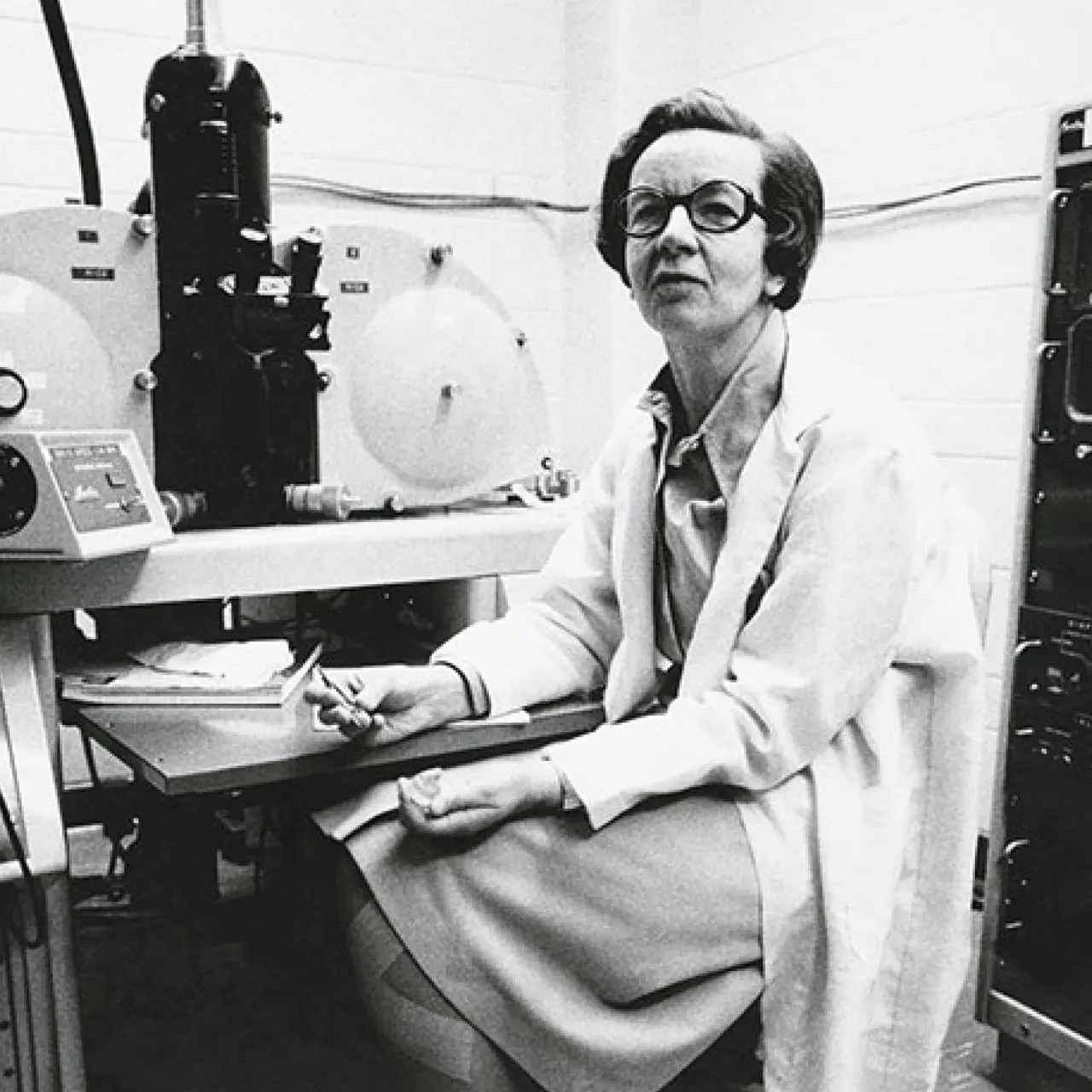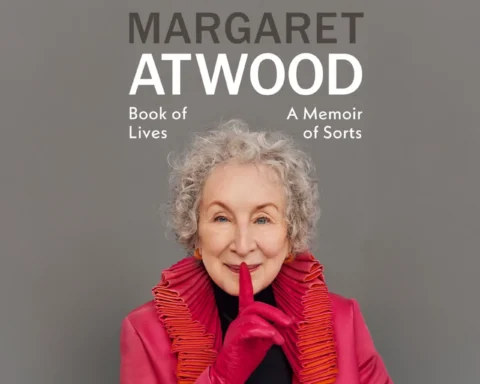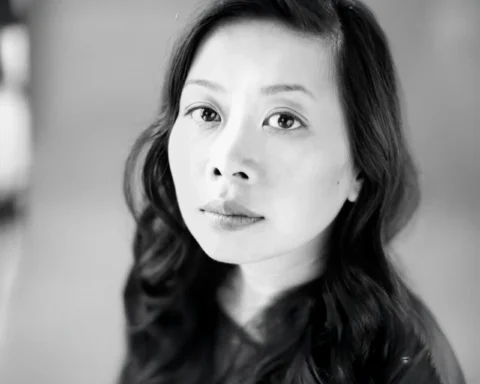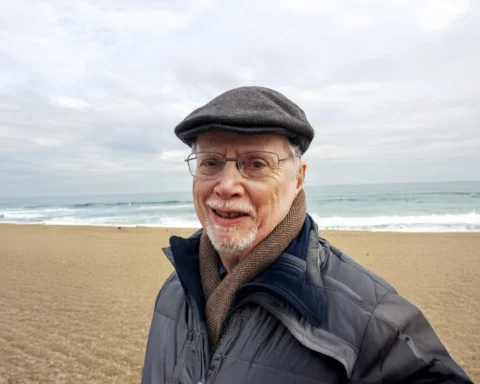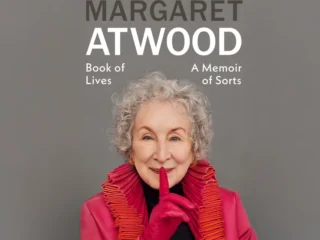By J.S. Porter
Parents teach us to say thank you. Sometimes we forget.
Sometimes we don’t get the chance or seize the chance, to say thanks to individuals who have contributed to our well-being in some way. Sometimes we get lucky, though.
At a book launch for The Glass Art of Sarah Hall at the Nicholas Hoare Bookstore on Front Street in Toronto on April 29th, 2011 – I said thank you to Ursula Franklin.
Do you know her?
She’s an authority on metallurgy, an experimental physicist, a peace activist, an officer of the Order of Canada and the author of the 1989 Massey Lectures, The Real World of Technology. In the early 90s, I used her lectures in my literature courses for technologists at Mohawk College.
Dr. Franklin – along with George Grant, Marshall McLuhan and Arthur Kroker – is a Canadian who has thought deeply about technology, “the house in which we all live.” She recognizes that technology is as natural to human beings as dams are to beavers; it’s what we do, it’s where we live, it’s how we live.
She also recognizes that our house is built on the foundation of nature. Without nature, no technology; without the natural world no technological world. That’s why in The Real World of Technology an undercurrent of thanks seeps through her pages. She urges us to “get away from the egocentric and technocentric mindset that regards nature as the infrastructure to be adjusted and used like all other infrastructures.” Nature isn’t an infrastructure or a superstructure; it’s a substructure without which nothing happens.
In our economic and political decision-making, Franklin wants us to ask a different question from the usual one – “What will the Americans say?” And, instead, ask, “What would nature say?”
How do we get nature into the boardroom?
In everything we do, Dr. Franklin posits the idea of keeping three books of record-keeping or accounting. The first book measures financial loss and gain, the second social impacts, and the third book “is the place to give detailed accounts of the gains and losses in the health and viability of nature, as well as the built environment.”
How do we build on the wisdom of our First Nations and join them in giving thanks to mother earth?
A year ago I gave thanks to a 90-year-old lady with an immense intellect, an inclusive imagination, and a deep-feeling heart. I told her how much her little book had meant to me and my students. It made us think about balance, priorities, and responsibility. It gave us a new vision of technology.


